(Bill gates et la big pharma américaine s'attaque à la fertilité africaine. note de rené)
Why Are Fertility Rates Not Rising?
Authored by Russell Clark via 'Capital Flows and Asset Markets',
It is always hard to get back into writing in the new year - this year in particular. As a family we stayed in London - and over the last few years, with my oldest doing motorsport and my youngest at a football academy, as family we are rarely together for long periods of time. Hanging out at home has allowed me to try and make a dent in my massive tsundoku that has accumulated on my bed side table. One book I managed to finish is Ultra-Processed People by Chris van Tulleken - a Christmas present from 2023! There was nothing too radical in the book, the idea of processed food not being good for you is not particularly mind blowing. There was one very interesting idea I took from Ultra-Processed Food. While humans basically need a certain amount of calories, we also need various other macro nutrients, which turn up in various random foods. I know that I occasionally will have a craving for steak, grapes, pineapples and apples, that will disappear after a day or two of gorging on these foods. In Ultra-Processed Food, the author points out that these macronutrients do not really appear in processed foods, or if they do in very small quantities. Your body will need them, so you end up eating much more processed food to try and get that macronutrient. You end up in the perverse situation of being obese and malnourished at the same time.
The fact of the matter is that general starvation and lack of food during and after World War II drove the industrialisation of food production. And in the post War Period was wildly successful at ending hunger in the industrialised world. Capitalism did what it does best - it was provided a profit motive to supply food to the world- and it solved it. The profit motive had a downside of course. Competition and profit seeking saw industrialised food emphasise addictive foods (high in sugar and salt) and food that lasts a long time to reduce costs (artificial preservatives). And lo and behold, in a single generation we have gone from a food crisis to a weight crisis. So does changing food production techniques have anything to do with falling fertility rate? In the UK fertility rates started dropping in the 1960s, after spiking after World War II. That fertility rates are at levels today seen during periods of war I find telling.
My original thoughts was that in the 1980s, the world turned pro-labour, and real wages starting falling. With less money, people had less babies was the line of thinking. I thought that a pro-labour turn in politics would also lead to a turn in fertility rates. You can frame the argument in many different ways, but I thought the increased job security of the pro-labour world would allow families to have more children. I had also assumed improving Artificial Reproductive Technology (ART) would also help to cause fertility rates to surge. To my disappointment, Denmark, which publishes up to date birth statistics, and has very relaxed and supportive rules on ART has seen recent birth rates fall back to lows. In 2021, the surge in babies made me very excited that this theory was correct, but it now looks like an aberration.
Thinking about obesity as a sign of a deficient diet allowed me to think about falling fertility rates in a different way. Obesity in the UK took off at around the same time that fertility rates fell. I never really saw any reason to tie falling fertility rates to rising obesity. If anything, birth rates have tended to fall during periods of food insecurity, such as during war and famine. But using the observation from Ultra-Processed People - obesity could be a sign of lack of macro-nutrients? That is excess calorie consumption in the search of vital minerals? That obesity is a sign of a lack of nutrition needed for baby making?
Circumstantial evidence is easy to find. Mexico used to have a far higher fertility rate than the US. But the success of Coca Cola in Mexico is hard to understate - a former Coca Cola salesmen was President for awhile, and per capita consumption in Mexico is far higher than elsewhere.
And Mexican fertility rates are now below that of the United States.
Of course, correlation is not causation. And there is a big problem with this analysis. Japanese fertility rates have also fallen in this period, and this is a country that works hard at avoiding processed food. Japan is also a problem in thinking high house prices may affect the decision to have children. Japan has had falling house prices for most of the past 30 years with no effect on fertility. But one thing Japan has had in line with the rest of the world is rising urbanisation rates. Is city living non-conducive to having kids?
Does big city living destroy the desire to have children? Are obesity, infertility and urbanisation all measure of the same thing - modernity? Could the possibility of telecommuting that seemed so real during Covid be the answer? Should governments mandate that all companies that can work remotely should work remotely? Is that the answer to the fertility crisis? It seems like a good idea to me - what harm can it do?

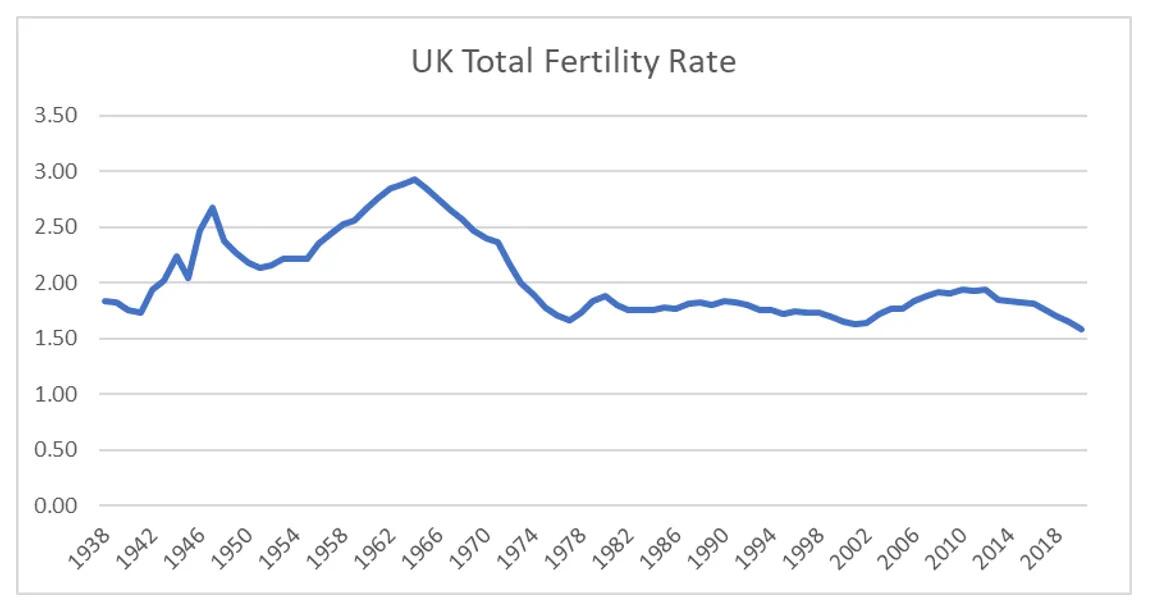
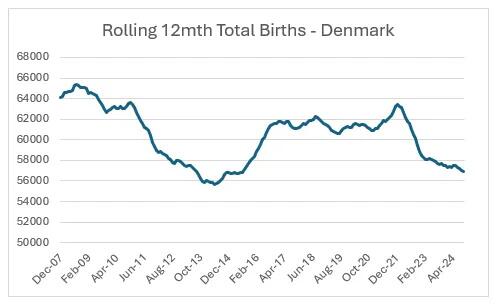
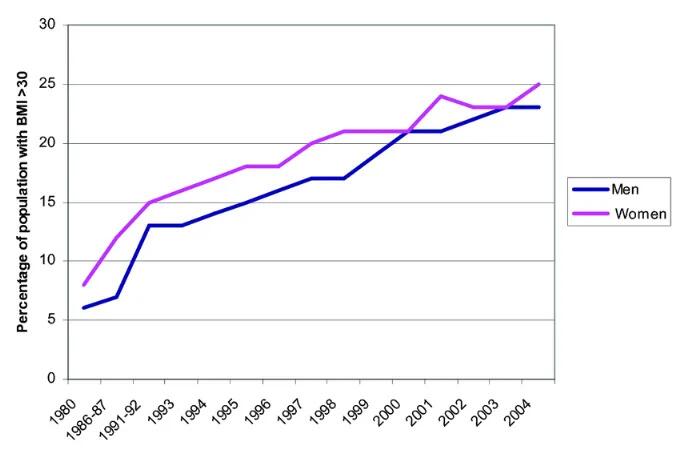
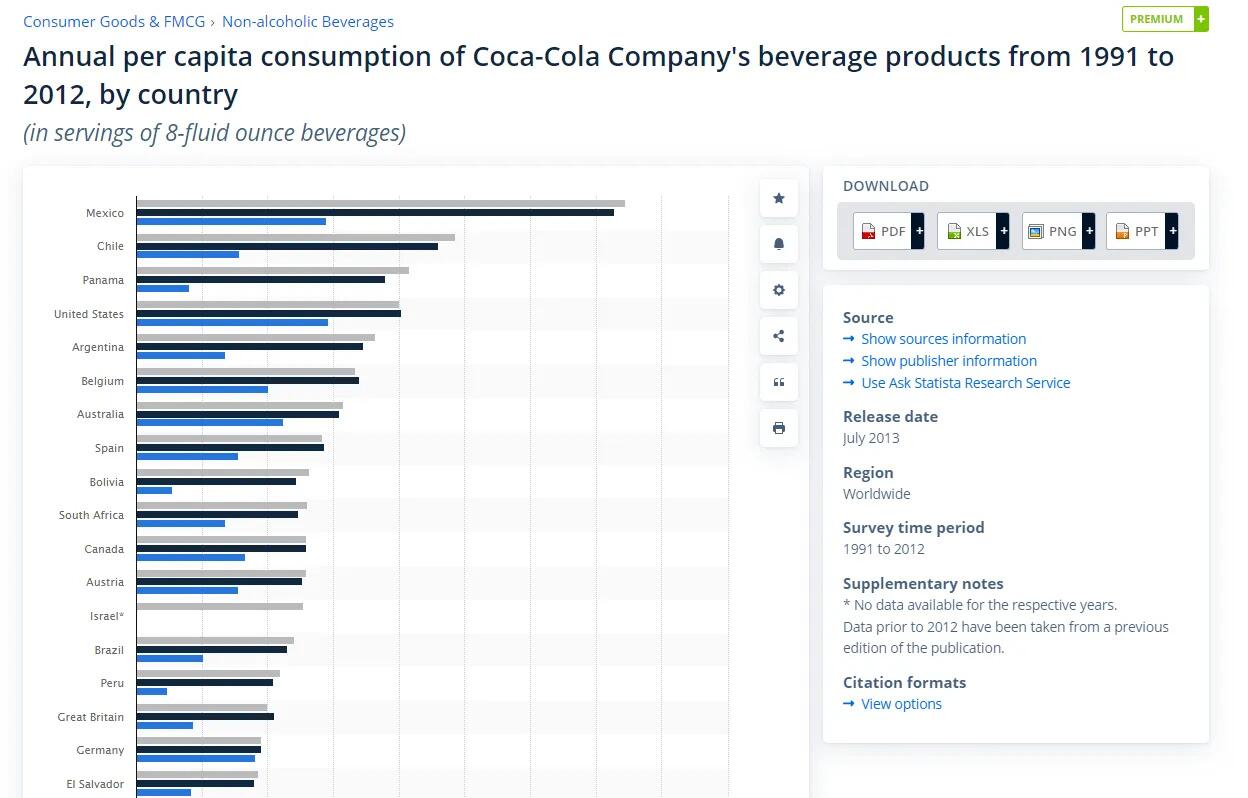
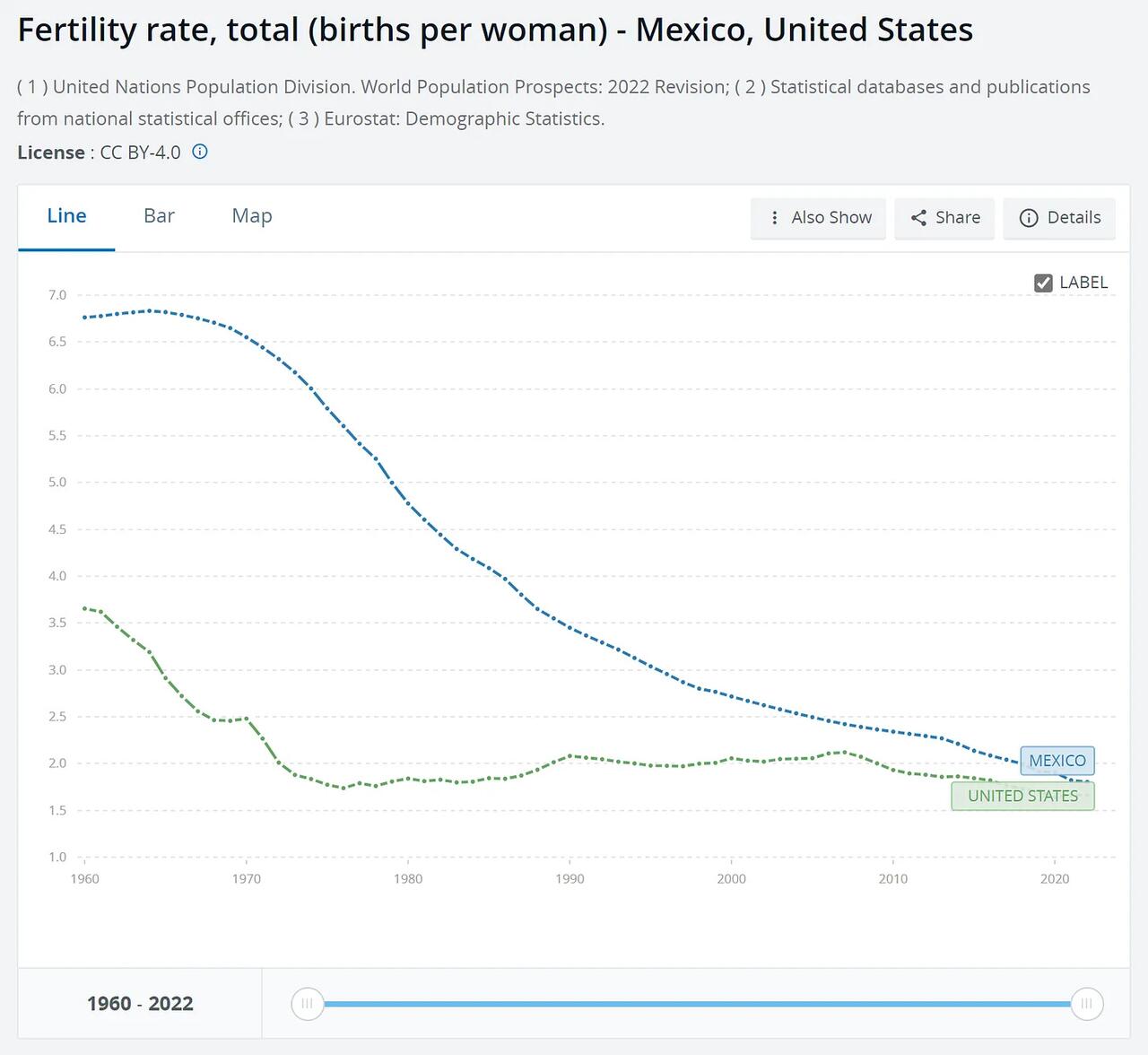
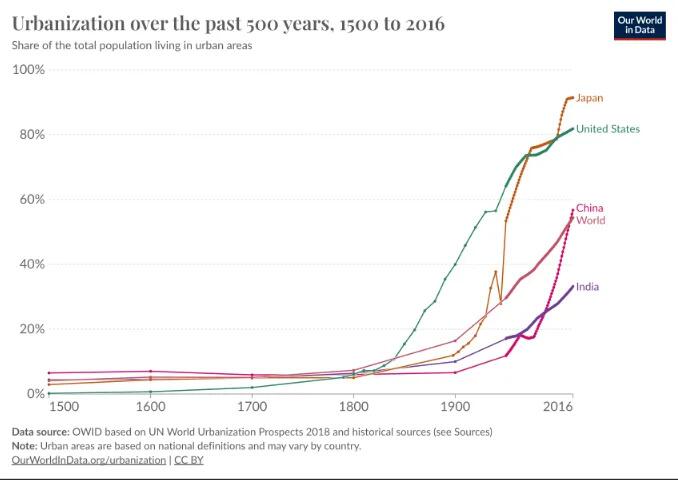
Aucun commentaire:
Enregistrer un commentaire